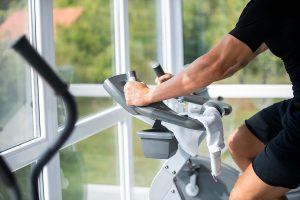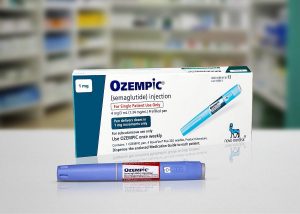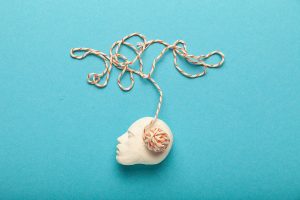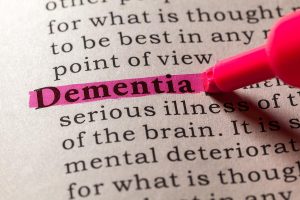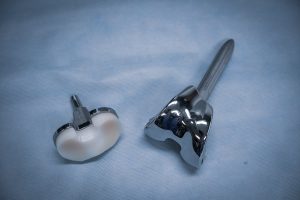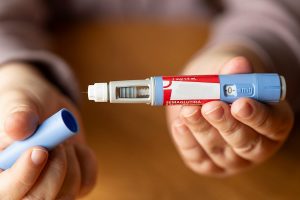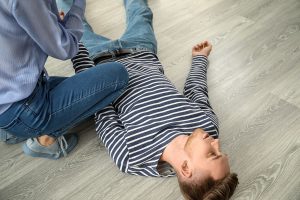
Hit-and-run deaths in the United States reached a record high in 2016, a new report shows. “Hit-and-run crashes in the United States are trending in the wrong direction,” said David Yang, executive director of the AAA Foundation for Traffic Safety. “Our analysis shows that hit-and-run crashes are a growing traffic safety challenge and the AAA Foundation would like to work with all stakeholders to help curtail this problem,” he added in a news release from the foundation. Hit-and-run deaths in the United States rose an average of 7 percent a year since 2009, with more than 2,000 deaths reported in 2016. That’s the highest number on record and a 60 percent increase since 2009, the authors of the report said. The highest per-capita rates of such deaths were in New Mexico, Louisiana and Florida, while the lowest rates were in New Hampshire, Maine and Minnesota. Nearly 65 percent of people killed in hit-and-runs in the United States are pedestrians and bicyclists. Over the past 10 years, nearly 20 percent of all pedestrian deaths were due to hit-and-runs. That’s compared to just 1 percent of all driver deaths in that same time period. Since 2006, there has been an average of 682,000 hit-and-run accidents a year according to the findings, which were released April 26. Jennifer Ryan, director of state relations for AAA, said that “it… read on >











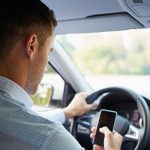


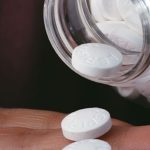






-300x169.jpg)

